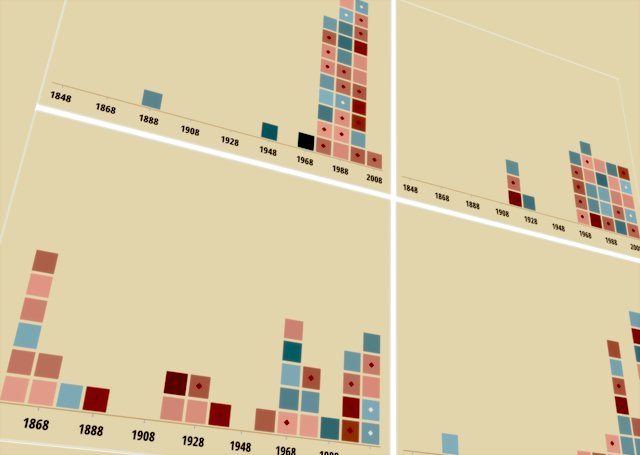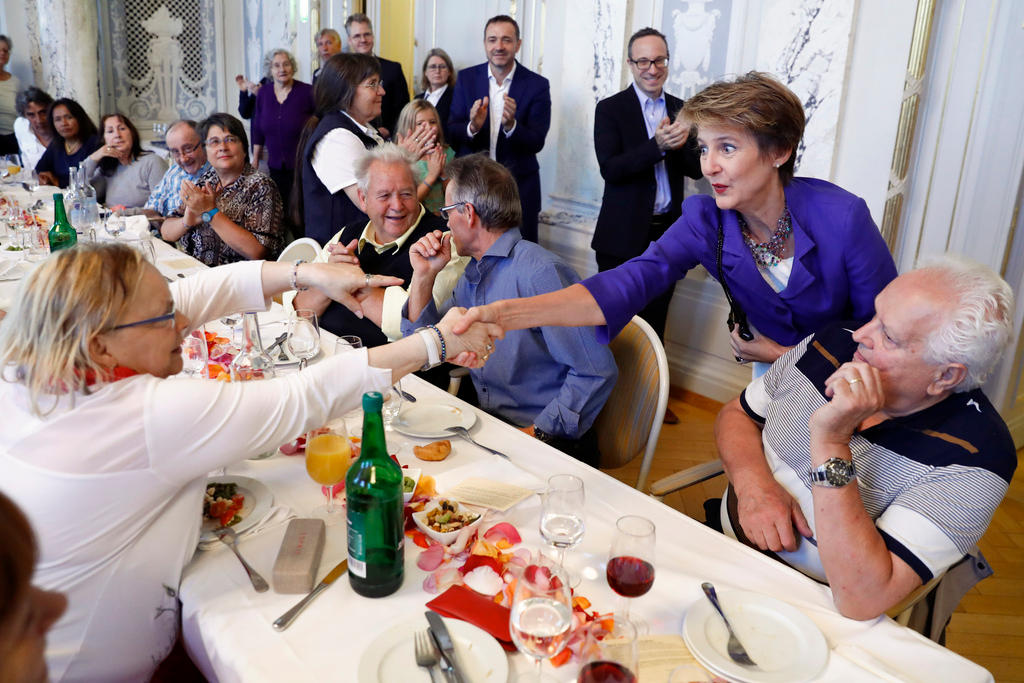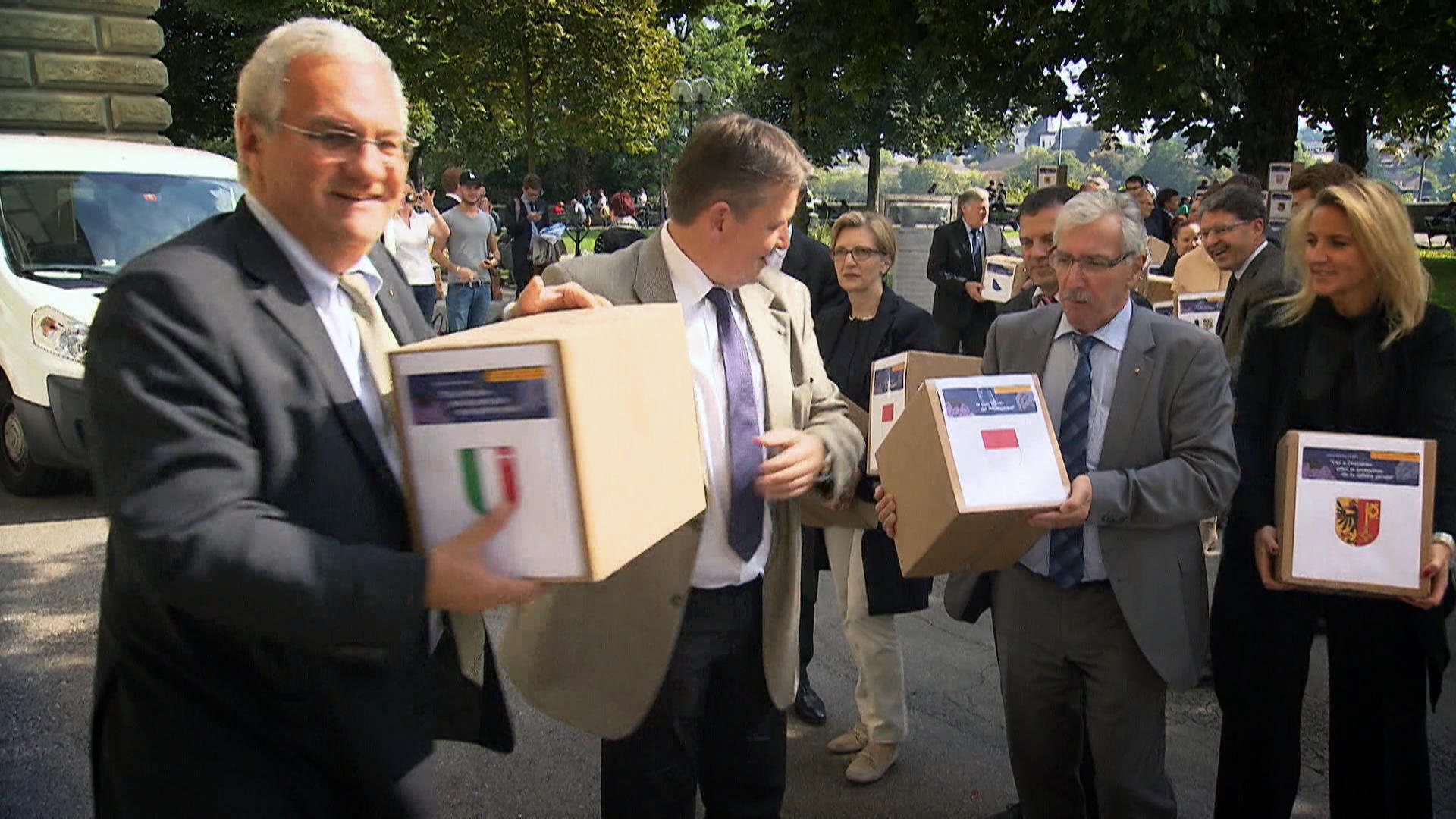How Swiss direct democracy marked 2017

Health matters were top of the list of people’s concerns in Switzerland over the past 12 months, as an overview of political efforts outside parliament shows.
Under the country’s political system of direct democracy, legislation is not a privilege of the elected representatives and the government. Citizens have the right to challenge laws in referendums and they can propose changes to the constitution by collecting at least 100,000 signatures over 18 months to force a nationwide vote on an issue.
+ What is a people’s initiative
+ How to challenge a law to referendum
Looking back over the past year, a few facts stand out. No initiative came to a nationwide vote, but the democratic tool has again gained in popularity.
Reversing a trend of the two previous years, 2017 saw a growing number of people’s initiatives, ten in total, being launched at a nationwide level. It is striking that four of them focus on health issues: health premiums, the role of health insurance companies in parliament, organ donations and a boost for healthcare personnel.
Other campaigns that collected the necessary signatures range from animal rights, the environment, investment policy and wealth distribution to a preferential status of Swiss residents over foreigners on the labour market.
Burka ban and paternity leave
Among the five initiatives that were handed in to the federal authorities in 2017 are a proposal to introduce a nationwide burka ban in public. It is probably the one most likely to make international headlines in the near future.
However, it will be some time before Swiss voters will have a final say on the rightwing plan as parliament first has to discuss the issue, including a government-sponsored counter-proposal.
A call by trade unions and other pressure groups from civil society to introduce a 20-day paid paternity leave also won the support of more than 100,000 citizens to force a nationwide vote.
In addition to the mentioned healthcare staff initiative, a plan by the political left to make the funding of political parties more transparent and a separate proposal to reduce prices of imported consumer products successfully passed the first stage of the initiative procedure.
A date for public votes still has to be set by the government.
Immigration initiative
Three initiatives were withdrawn by their committees in 2017. The most prominent abandoned proposal was a plan to annul the result of the 2014 anti-immigration initiative, which caused serious tensions with the European Union, Switzerland’s main trading partner.
Two other initiatives failed to collect enough signatures, notably a plan demanding that health insurance companies pay for fitness lessons.
Finally, Swiss voters went to the polls to decide on a total of six issues this year, but none of them was a people’s initiative.
The results of the referendums and constitutional amendments were noteworthy nevertheless. For many political observers 2017 was the year when voters rejected a wide-ranging overhaul of the country’s old age pension scheme and a reform of the corporate tax system.
But it was also the year when voters approved a government plan to phase out nuclear power and promote renewable energy.

More
What are the burning issues in Swiss votes?

In compliance with the JTI standards
More: SWI swissinfo.ch certified by the Journalism Trust Initiative




You can find an overview of ongoing debates with our journalists here. Please join us!
If you want to start a conversation about a topic raised in this article or want to report factual errors, email us at english@swissinfo.ch.